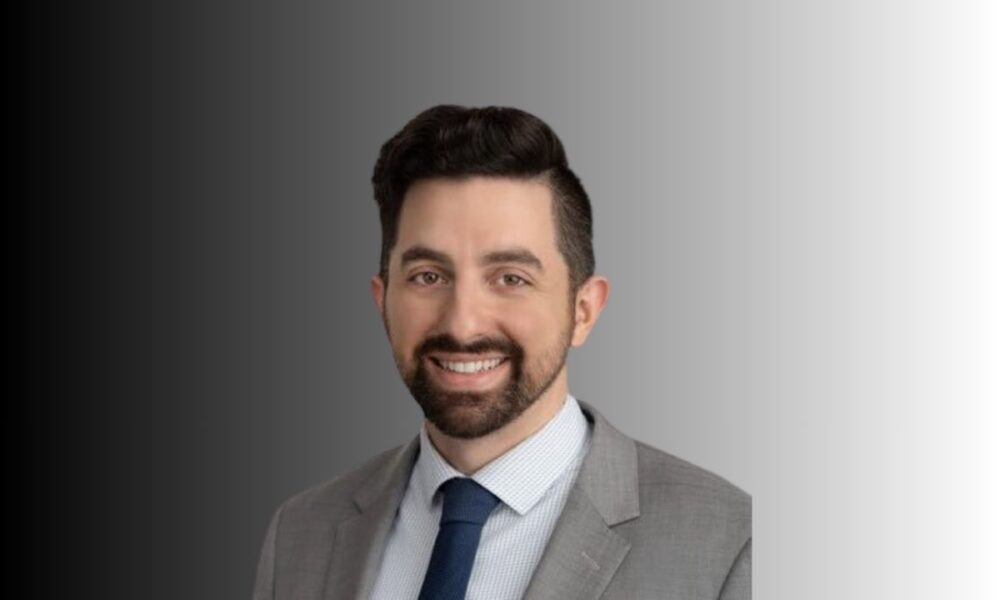Political consultant Ryan James Girdusky is urging Congress to reform Section 230, advocating that social media companies should be held accountable for the dissemination of radicalizing content online.
This call to action follows the assassination of his colleague, Charlie Kirk.
In an episode of the It’s A Numbers Game podcast aired on September 15, Girdusky, a New York native and author of the National Populist Newsletter, expressed concerns that online platforms are contributing to political violence and threatening public officials with death threats.
“Social media companies need to be held responsible for what is happening,” Girdusky said. “We need…Congress needs…to change Section 230. These are not just blanket publishers. They have to be responsible over what people are sharing online.”
Girdusky cited Capitol Police data showing that 2025 is “slated to have the most amount of death threats against elected officials ever recorded” — more than 14,000. He also referenced numerous instances of high-profile violence where the motives of the assailant have been established to be political or are widely believed to be political, such as the shooting of United Healthcare CEO Brian Thompson and the assault of Paul Pelosi, which predated the death of Kirk.
Girdusky argued that the internet is amplifying violent rhetoric and radicalizing vulnerable individuals, noting that he himself has faced numerous threats.
“There will be more copycat killers,” he warned.
Girdusky’s call for reform places him in the middle of a heated national debate.
Critics of Section 230 of the Communications Decency Act, which shields social media companies from liability for most user-generated content, argue the law allows tech giants to ignore the spread of dangerous material.
Free speech groups strongly disagree.
Releases from the Foundation for Individual Rights and Expression (FIRE) have previously called efforts to repeal or weaken Section 230 “a very bad idea.”
“Repealing or undermining Section 230 would lead only to less expressive freedom and viewpoint diversity online — to the detriment of us all,” FIRE wrote in a 2023 statement. The missive argued that without the law, platforms would over-police speech or stop hosting user content altogether.
The Electronic Frontier Foundation (EFF) similarly defends the law, saying it is foundational to internet freedom. “Section 230 embodies that principle that we should all be responsible for our own actions and statements online, but generally not those of others,” the group states. “Without Section 230’s protections, many online intermediaries would intensively filter and censor user speech, while others may simply not host user content at all.”
Section 230, enacted in 1996, says “No provider or user of an interactive computer service shall be treated as the publisher or speaker of any information provided by another information content provider.”
Supporters credit it with enabling the growth of platforms from Facebook to Wikipedia, while opponents argue it shields major companies from accountability.
While X, Meta, TikTok, and Google hold themselves out as neutral transmitters of information, each platform has a less-than-immaculate reputation for appearing to enforce content restrictions against unpopular speech or dissident speech arbitrarily. X (then known as Twitter) killed links to stories from the New York Post for accurate reporting about the Hunter Biden Laptop before the 2020 presidential election. Meta (Facebook/Instagram) booted COVID-19 dissenters.
Big tech critics point out that social media companies prefer to call themselves neutral platforms, even when they are clearly exercising the editorial judgment of a publisher to avoid legal liability. “If [the social media firms] make that admission, they can’t shield themselves under Section 230 of the Communications Decency Act from litigation and oversight,” Joel Thayer, president of the Digital Progress Institute, wrote in 2024.
This issue boiled over in 2020 when President Donald Trump was kicked off major social media platforms at the end of his term, and he briefly took up the cause of repealing Section 230.
Nevertheless, EFF’s David Green has argued that the distinction between platform and publisher is a ” meaningless distinction.” As long as Section 230 remains unchanged, the attorney’s analysis is that both would be protected from legal liability for what their users say online.
Girdusky, who has, through his organization, the 1776 Project to overturn leftist control of school boards across the nation, warned that inaction could fuel further unrest. “Free speech is important but you have to act responsibly with it and these people are absolutely going to get some more people killed if they continue like they are,” he said.
Kirk’s accused assassin, Tyler James Robinson, has not reportedly confessed to his motivations for the killing. However, the criminal indictment against him alleged “Tyler James Robinson intentionally selected Charlie Kirk because of Tyler James Robinson’s belief or perception regarding Charlie Kirk’s political expression,” The Dallas Express reported.
It is not immediately clear what allegedly radicalized Robinson before the September 10 assassination. However, alleged inscriptions on the bullets imply that Robinson spent significant amounts of time in Antifa-aligned and “transgender” social media circles.


